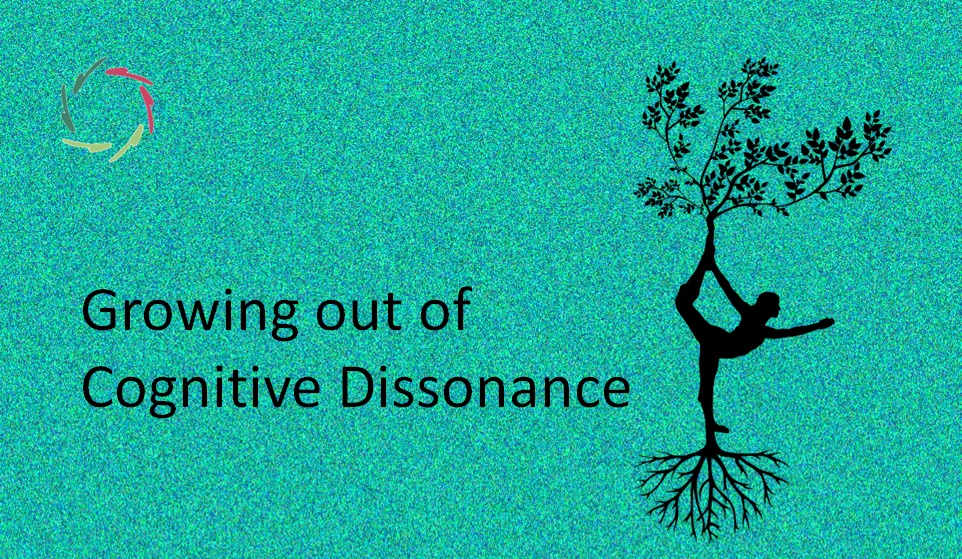Socrates was an AURELIS Coach?

Socrates’ method, which we currently call the ‘Socratic method’, consisted in leading the questioner to the solution of a question by means of a good alternation of open and closed questions.
►►► AURELIS Coaching for Coaches (read this first)
Socrates did not just offer the solution.
He did his best to let it come out of the questioner himself. He then showed that the answers to the questions necessarily led to a certain insight, which could only be acknowledged by the questioned person because of this course of action.
As an AURELIS coach, you can also use this method.
Note that these are not just any questions you then ask. You can only apply this method if you already know where you want to go and you also want to bring the coachee there in a gentle yet firm way. Not with the intention of getting you ‘right’ home, of course. Not with the intention of gathering information.
The intention is to make the coachee think again and again, in a kind of mental game
The difference with Socrates is that you also dare to play this game on a mentally deep level. In this way, you create a mode of thinking. Compare this to a car with wings. You can drive it at a leisurely pace, and then faster and faster until… you take off and notice that the car-with-wings is an airplane.
With one more or less deep question, you may only have one bicycle. A car with a few questions. With question-after-question-after-question, you notice that it is an airplane. This is a mode of thinking that can bring a coachee to a different, deeper view of the situation in a short time. So, a new insight.
Do not forget to confirm this.
―
OK. So you have gained a few kilos after quitting smoking.
Indeed.
By eating more?
Indeed.
?
Yes, I admit that I eat more… and drink wine.
?
Especially in the evening. Wines…
And during the day?
Well, yes, eating more.
How come…?
I just have more appetite, more desire, more flavor in my food.
By quitting smoking?
Indeed.
Were you addicted to smoking?
Yes.
Are you now addicted to ‘more food and drink’?
Uh… yes, actually.
Because?
It actually feels like that too. If I don’t eat now, I feel an urge that I don’t quite control.
And then you eat?
Yes.
Or you drink?
Yes.
So it’s like an addiction that has moved…?
Indeed.
Etc.
As an aside, Socrates was known for having a very powerful ‘daimon’. With the ancient Greeks, this had the meaning of a kind of inner guide or inspirer, which we can see as a way to place contact with the deeper self. A ‘daimon’ was viewed very positively in Socrates’ time, certainly also by Socrates himself. It was only much later that people started demonizing the ‘daimon’. Hence the term itself. This is one of the ways in which an attempt has been made to banish the deeper self, the inner strength of the individual (it cannot, it must not…).


